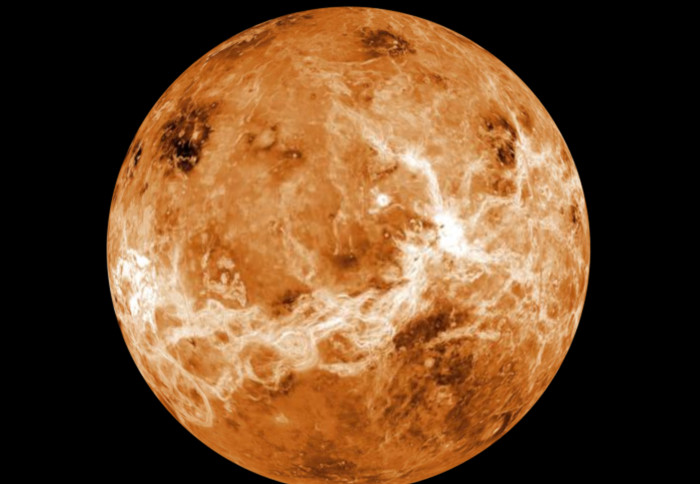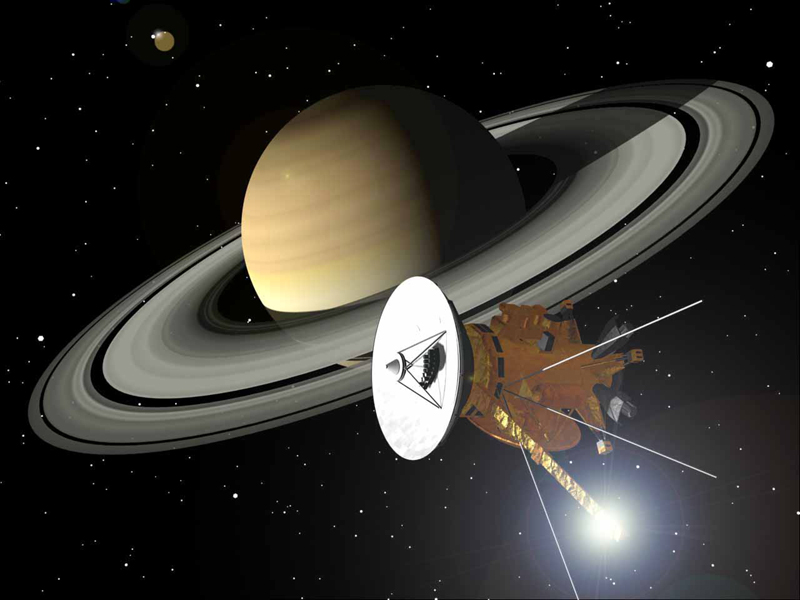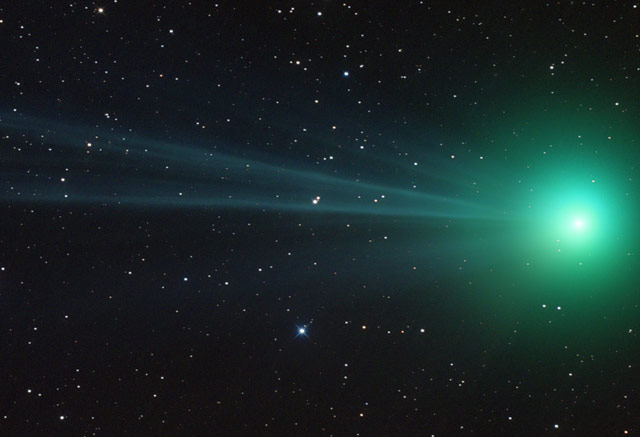astronomy Newsletter

March 16 2011 Astronomy Newsletter
Hi everybody!
Here's the latest article from the Astronomy site at BellaOnline.com.
Caroline Herschel
Caroline Herschel was an intelligent young woman trapped in domestic servitude by her mother. Her brother William rescued her and trained her as a singer. After he discovered the planet Uranus, the two of them ended up forming a great partnership whose work revolutionized the study of astronomy.
http://www.bellaonline.com/articles/art32051.asp
*Birthdays*
(1) Albert Einstein was born on March 14, 1879. His birthday is shared by Apollo astronaut Gene Cernan (born 1934), the last man who walked on the Moon.
(2) On March 15, 1932 Apollo astronaut Alan Bean was born. Bean left NASA in 1981 and became a painter. Here is a link to his online gallery: http://www.alanbeangallery.com/collection.html It's an interesting take on the images of lunar exploration.
(3) Caroline Herschel, first lady of astronomy, was born on March 16, 1932. This week's article is about her life. Robert H. Goddard, sometimes known as the father of space travel, was born on March 16, 1882. The New York Times ridiculed his ideas about developing rockets for space travel, retracting their criticism only when Apollo 11 was on its way to the Moon.
(4) James Irwin was born on St. Patrick's day in 1930. In 1971 he was the lunar module pilot for Apollo 15.
*The Sky*
(1) It may not be too late for you to catch Jupiter and Mercury in the western sky after sunset if you have a flat horizon. Take your binoculars and have a look about forty minutes after the sun sets. (If you have very good eyesight, you can leave the binoculars at home.)
(2) On Saturday the Moon is at perigee. The lunar orbit is elliptical so it isn't at the same distance from us all the time. Perigee is when it's at its closest – apogee is when it's farthest away. The Moon will also be full, so if you live by the coast, you should see higher tides that usual.
The Moon does look larger at perigee than apogee. Here is a comparison:
http://upload.wikimedia.org/wikipedia/commons/c/c8/Lunar_perigee_apogee.png However the difference is most noticeable if you compare them, which you can't do when looking at the sky. The “horizon effect” makes the Moon look much larger than its being at perigee does. The horizon effect is a well known optical illusion in which the Moon looks larger at the horizon than overhead. People have been arguing about what causes it for over two thousand years, so. I'm not about to try to give the definitive explanation, but here is one analysis of the phenomenon: http://www.lhup.edu/~dsimanek/3d/moonillu.htm
By the way, I can't see any reason for calling this a super-moon and expecting it to trigger all sorts of disasters. The full moon was this close nineteen years ago and the world didn't end then, nor did it end on any of the previous lunar perigees that involved a full moon. Or any perigees that involved a new moon, since we get spring tides with a new moon as well.
However if you go out and look at the Moon, you should also be able to see Saturn which is now bright in the sky, as well as the star Spica. Here is a diagram: http://media.skyandtelescope.com/images/WebVic11_Mar20ni.jpg
*Spring is here for half the world!*
The equinox is on March 20 – spring in the northern hemisphere and autumn in the south. The meteorological season has already begun. I hope you're also delighting in the longer days and the spring flowers.
To find out more about the equinoxes, have a look at: http://www.bellaonline.com/articles/art20530.asp To learn why we have seasons, click on this link: http://www.bellaonline.com/articles/art54046.asp
That's all for this now. Wishing you clear skies.
Please visit astronomy.bellaonline.com for even more great content about Astronomy.
To participate in online discussions, this site has a community forum all about Astronomy located here -
http://forums.bellaonline.com/ubbthreads.php?ubb=postlist&Board=323
I hope to hear from you sometime soon, either in the forum or in response to this email message. I welcome your feedback!
Do pass this message along to family and friends who might also be interested. Remember it's free and without obligation.
Mona Evans, Astronomy Editor
.
Unsubscribe from the Astronomy Newsletter
Online Newsletter Archive for Astronomy Site
Master List of BellaOnline Newsletters
Editor's Picks Articles
Top Ten Articles
Previous Features
Site Map







